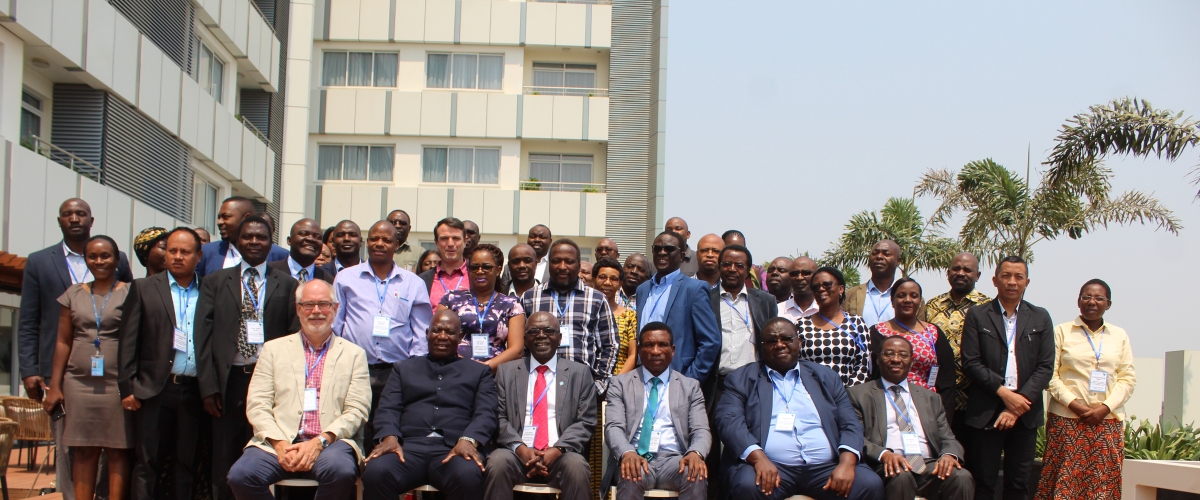
Southern Africa’s 70% population rely on agriculture for food security and livelihood. However, there are growing challenges, resulting from climate change and variability, which affect production. The increase of climate change, particularly droughts and other production stressors on agriculture has seen an estimated 41 million people facing various levels of food insecurity and loss of livelihoods in the region.
Regional institutions are doubling up efforts to scale up efforts to get more farmers to adopt conservation agriculture(CA) as one of the packages of solutions to address these challenges. To share ways on how to scale up adoption of CA, the Food & Agriculture Organization(FAO), the African Conservation Tillage Network(ACT) and the Ministry of Agriculture in Zambia, in collaboration with the Conservation Agricultural working group held a regional Conservation Agriculture Dialogue meeting in Lusaka, Zambia from 25 -27 September, 2019. The purpose of the meeting was also to strengthen CA partnerships and develop a roadmap that will result in increased traction of CA through its alignment to regional and national development frameworks.
The meeting was officially opened by the Minister of Agriculture, Hon Michael Katambo. The Minister reminded the participants of the importance that the Zambian government attaches to agriculture as the mainstay of the economy and how it plays a critical role in the creation of employment through agricultural value chains. He re-echoed how the ministry of agriculture pays serious attention to any serious threats that impact agriculture, as a vital part of the economy.
The minister observed that farming is slowly becoming a non-viable option in some areas due to the impact of climate change and variability, particularly drought. Hon urged participants to brainstorm on strategies that will help to uptake conservation farming among small scale farmers.
The Centre for Coordination and Agricultural Research and Development (CCARDESA) also participated in this meeting and shared how its two implemented programmes, the Agricultural productivity Programme in Southern Africa (APPSA), and the Adaptation to Climate Change in Rural Areas in Southern Africa( ACCRA) have taken on board CA in their activities.
Dr Monica Murata, a CCARDESA representative, presented on the research work on conservation agriculture that the Agriculture Productivity programme for Southern Africa (APPSA) has been doing in the region. She observed that the effectiveness of CA technologies to mitigate climate change depends on coordinated actions across the region. Therefore she also stressed the need for increased visibility of CA work in order to attract new partnerships as well as ownership by the government.
Mr Nathaniel Mtunji the Senior Advisor for the ACCRA programme which is funded by the German Government and jointly executed by CCARDESA and GIZ also presented at the meeting. He explained how the programme promotes CSA upscaling, uses the evidence-based approach which is premised on some key steps such as climate risk analyses; prioritization of best-bet climate-smart practices and technologies; formulation of feasibility studies, and development of investment proposals.
Participants noted that conservation farming is climate-smart agriculture (CSA) approach that offers a variety of resilience-building benefits to farmers, especially smallholders. Therefore, member states in the region should embrace CSA practices to mitigate the effects of climate change and to ensure food security in the region.






